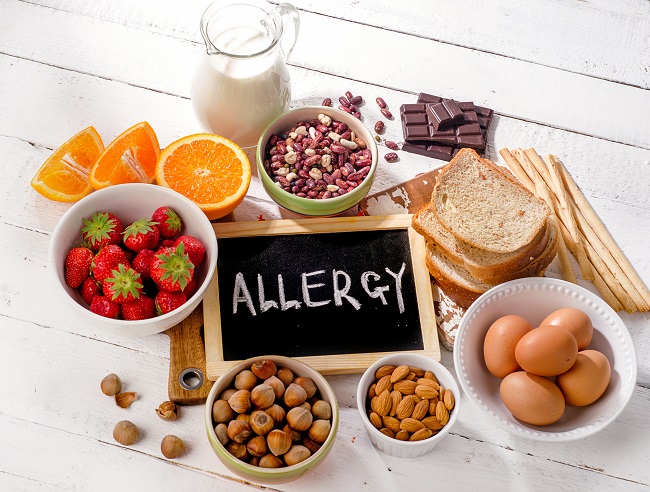Cooking up a Solution to Ragweed-Related Food Allergies
If you recently developed an allergy to ragweed and think you have developed oral allergy syndrome (OAS) as a result, you might have been avoiding those fruits and vegetables that make your mouth itch. However, if your reaction isn’t too annoying, you might want to start testing various strategies for neutralizing the proteins that aggravate your OAS. You may find new ways to once again eat your favorite foods.

Verify Your Condition
Ragweed allergy sufferers sometimes find that they can no longer eat bananas, melons, zucchini, cucumbers, and/or occasionally sunflower seeds without developing an itchy feeling in and around their mouths. You might react to only one of these foods, or all of them.
The itching is annoying but generally not severe, and it should disappear within an hour or so on its own, though taking an antihistamine stops the reaction quickly. In rare cases, you can experience some facial swelling.
What’s happening is that your body is reacting to proteins in these foods that are similar to ragweed proteins. Thus, your body thinks you’re ingesting a harmful substance.
Modifications
Sometimes modifying the food so that you don’t eat certain parts or you eat a different form will work. Cooking the food in question is a common way to make the allergenic proteins break down and become harmless; peeling the food can help by removing most of the proteins.
Ready-Made Variations
For vegetables, try a frozen or canned version. Vegetables are usually blanched right before freezing, which means the frozen vegetables are essentially semi-cooked. Canned fruits and vegetables were also heated during the canning process.
It’s best to double-check that this is really OAS by seeing an allergist. Remember, if the reaction to the food turns severe or lasts a long time, it may be a full-blown food allergy. Contact Allergy & Asthma Associates of Allen to arrange for a consultation and treatment plan.
